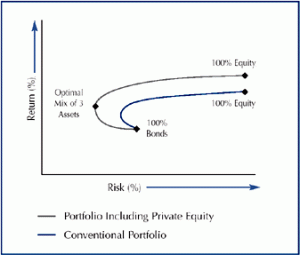Incubators and Accelerators
Sunday, February 17th, 2013As innovation grows, expands and evolves, terminology follows suit. In the field of entrepreneurship and startup opportunities, the understanding of ever-changing terms is crucially important. Full understanding of incubators and accelerators is vitally important to any innovative startup trying to stake their claim in this world.
Incubators and accelerators serve similar roles with helping start-up companies and entrepreneurs; however, their approaches differ.
Incubators, like the largely successful Idealab, create tech ideas and start-up companies based on them in-house. Once the incubator is satisfied with the potential profit and success of a new tech invention, strategy, or business innovation, they will launch the “incubated” project with an external company or team. The benefitof incubators is two-fold. First, because Incubators generally have extensive R&D departments, they can usually launch programs/companies for a fraction of the cost of traditional start-ups. And second, incubators usually stay in a close business relationship with their start-up, insuring its success. However, this comes with a trade-off. The incubator takes a higher percent of equity from the start-up, ranging from 15% to 30% (not to say this equity cut is not higher at times. Usually, the incubator does not invest in incubated startups.
These days majority of them are about providing the infrastructure (office space, network connection,
phone answering service, copy machine) and facilitating networking and business connections.
Accelerators act quicker and more intensive in building up start-ups and business ventures. Instead of creating the ideas and business plans for a new start-up in-house like incubators, accelerators, like TechStars, take on external start-ups and developed ideas. Through an intensive program, generally lasting about three months (ex. TechStars, Woman Innovate Mobile and The NewMe), the accelerator will provide a plethora of resources and generally capital to ensure success after completion of the program. There are benefits and drawbacks with working with accelerators.
On the positive, if selected by an accelerator (many apply, but few get into these programs), the start-up or entrepreneur will be asked to attend a training program, wherein, success is nearly guaranteed. This high success rate is insured through the accelerator’s mentorship, business connections (ex. during Y Combinator’s program, a weekly “dinner” allows start-ups to mingle with those successful in their industry) and capital investments. In return, the accelerator will take a small equity stake in that start-up.
The cons of accelerators lie in their exclusivity and short-term interest. Many accelerator programs are extremely difficult to get into. For example, TechStars states that thousands apply, but only ten get in for each of their programs. Additionally, once the program is over, accelerators do not stay as involved in their “graduated” start-ups as incubators do.

